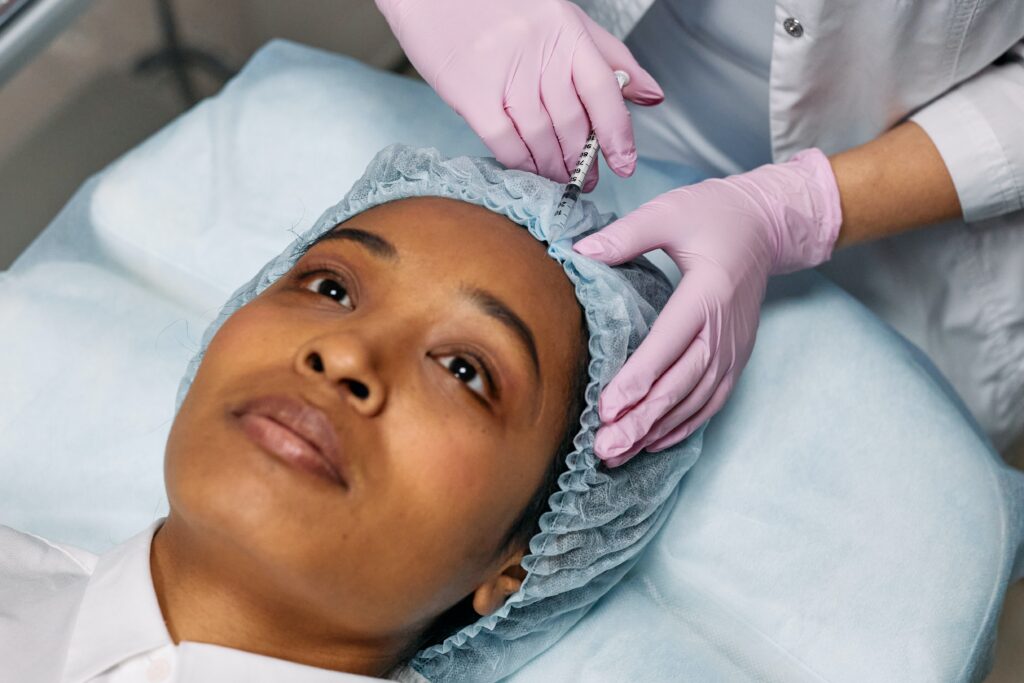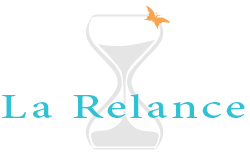What is Botox

Botox is a cosmetic form of botulinum toxin, or Onobotulinumtoxin A, a neurotoxin that is used to “freeze” muscles. There are four types of Onobotulinumtoxin A, including Botox®, Dysport®, Xeomin® and Jeuveau®. A Botox injection blocks the nerve signals to the muscle, which means that it cannot contract. Since these contractions are responsible for highlighting and deepening existing wrinkles, Botox injections serve to give your face a smoother, younger appearance.
Did you know that a typical Botox treatment session can be completed in less than 20 minutes?
Getting Botox injections is not only a great way to smooth out facial wrinkles, but it’s also a simple way to prevent certain types of wrinkles from forming or deepening as well and it can even stop armpit sweating for months!
What can Botox be used for?
In addition to diminishing facial wrinkles, Botox can also be used for issues such as excessive sweating, migraines, eye twitching, jaw pain and overactive neck muscles.
Some people can also get Botox injections to soften a square jawline, smooth a dimpled chin or correct an overly gummy smile.
What kind of results can you expect from Botox?
Results from a Botox session typically take up to 14 days to be fully noticed, but you may see results as early as three days after treatment.
As Botox begins to more fully freeze the treated areas, you’ll see lines soften and wrinkles diminish in appearance.
Depending on the severity of your wrinkles and the surface area that you want to have treated, you may need more than one Botox session to achieve the desired results.
What to expect From Botox injections
During the procedure
How long the procedure takes will depend on the areas that are being treated as well as the volume of Botox being used.
Because the needle used for treatment is so fine, no numbing or anesthesia is usually required. Your injector will be able to pinpoint the precise points on your face that require an injection, so it can be a quick procedure that is virtually painless.
If you’re nervous about experiencing pain or discomfort, be sure to tell your provider so that he or she can apply a numbing agent if needed.
During recovery
There is no recovery time following a Botox treatment. You may feel residual soreness or swelling around the injection sites immediately after treatment, but it’s important not to rub or massage the area to prevent the Botox from migrating.
Some people find it helpful to apply a cold compress or take an over-the-counter painkiller like Tylenol to reduce swelling and discomfort, but any discomfort typically subsides within 24 hours of treatment.

